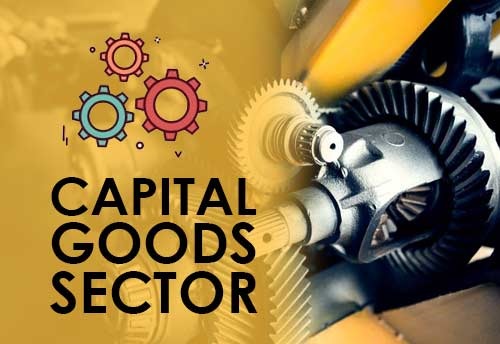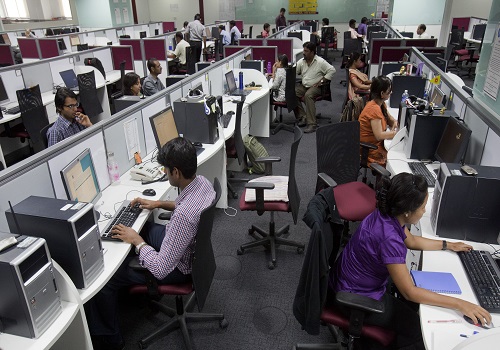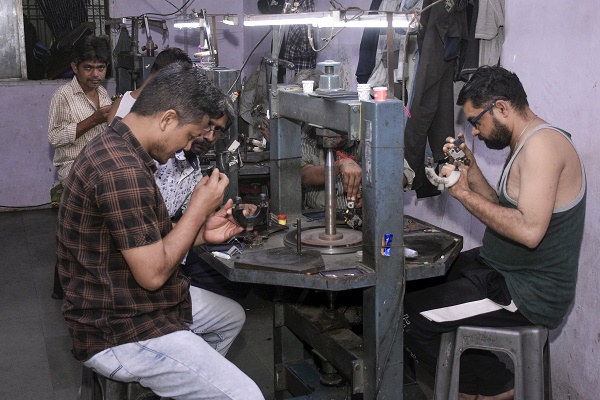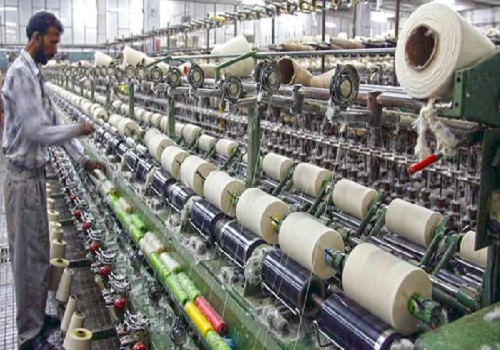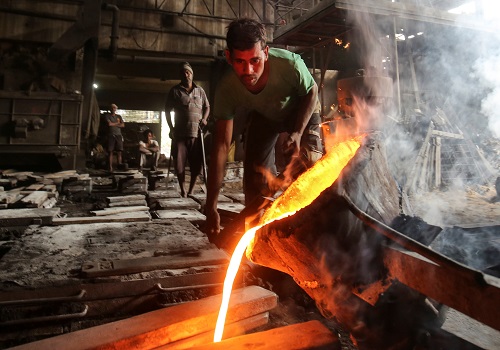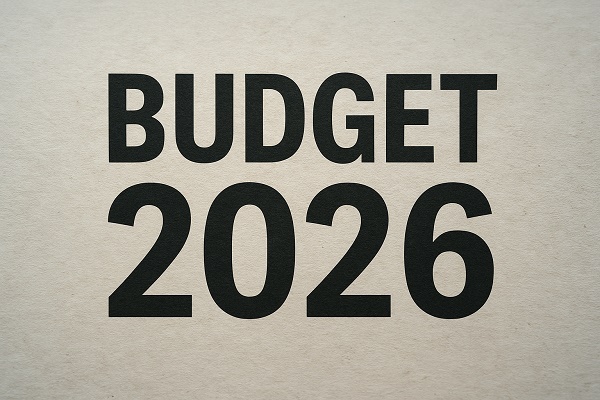Pre-Budget Expectations 2025: Unlocking the Potential of India's Manufacturing Sector

The Union Budget 2025 is expected to address the pressing needs of the manufacturing sector, a critical driver of economic growth and employment. With global uncertainties and domestic challenges shaping the industrial landscape, the sector seeks targeted interventions to enhance competitiveness, boost innovation, and drive sustainable growth. Here are the primary expectations from the upcoming budget:
1. Strengthening Domestic Manufacturing
The government’s “Make in India” initiative has been instrumental in promoting indigenous manufacturing. To further bolster the sector:
* Expansion of Production-Linked Incentive (PLI) schemes to cover emerging industries like electric vehicles (EVs), advanced batteries, and green hydrogen.
* Tax incentives for capital expenditure on modernizing manufacturing facilities.
* Reduction in compliance burdens to encourage ease of doing business.
2. Enhancing Export Competitiveness
India’s manufacturing exports need a significant push to compete globally. The budget could address this by:
* Offering export subsidies for high-potential sectors such as textiles, pharmaceuticals, and electronics.
* Increasing budgetary allocations for Export Credit Guarantee Corporation (ECGC) schemes.
* Streamlining export documentation and customs clearance processes.
3. Promoting Green and Sustainable Manufacturing
To align with global sustainability goals, the manufacturing sector requires policies that support green practices. Measures could include:
* Incentives for using renewable energy sources and adopting energy-efficient technologies.
* Introduction of a Green Manufacturing Fund to finance eco-friendly projects.
* Tax benefits for industries achieving sustainability certifications.
4. Boosting MSMEs’ Role in Manufacturing
Micro, Small, and Medium Enterprises (MSMEs) play a pivotal role in the manufacturing ecosystem. To address their unique challenges:
* Enhanced funding support under the Credit Guarantee Fund Trust for Micro and Small Enterprises (CGTMSE).
* Relaxation in GST compliance and faster refunds for small businesses.
* Tailored infrastructure support through dedicated MSME clusters.
5. Focus on Skill Development and Labor Reforms
A skilled workforce is vital for the manufacturing sector’s growth. The budget should prioritize:
* Expansion of the Pradhan Mantri Kaushal Vikas Yojana (PMKVY) with sector-specific training programs.
* Incentives for companies investing in employee upskilling.
* Flexible labor laws to balance worker welfare and industrial growth.
6. Encouraging Technological Advancement
To compete globally, Indian manufacturers must embrace Industry 4.0 technologies. Key initiatives could involve:
* Tax breaks for investments in AI, IoT, and robotics.
* Setting up technology parks dedicated to manufacturing innovation.
* Grants for R&D projects focused on advanced manufacturing techniques.
7. Developing Infrastructure for Growth
World-class infrastructure is a cornerstone for manufacturing competitiveness. Expectations include:
* Accelerated development of industrial corridors and logistics hubs.
* Investment in modernizing ports and rail networks to reduce logistics costs.
* Support for private sector participation in creating state-of-the-art warehousing facilities.
Conclusion
The manufacturing sector’s potential to transform India into a global industrial powerhouse hinges on strategic policy support and resource allocation. The Union Budget 2025 presents an opportunity to address critical gaps and lay the foundation for robust, inclusive, and sustainable growth. By prioritizing green initiatives, technological advancements, and MSME empowerment, the government can ensure that the manufacturing sector continues to be a cornerstone of India’s economic resilience.






